When venturing into the world of travel trailers, the term “self-contained travel trailer” frequently arises, yet not all enthusiasts grasp its full meaning and implications. In this extensive article, we will delve deep into the nuances of self-contained travel trailers, exploring their components, benefits, types, and user considerations.
What Defines a Self-Contained Travel Trailer?
A self-contained travel trailer is a type of recreational vehicle (RV) designed to provide all essential amenities for living without requiring external connections. This means that a self-contained unit can operate independently, allowing travelers to camp in diverse environments—from national parks to remote areas—without reliance on conventional amenities.
Key Features of Self-Contained Travel Trailers
Self-contained travel trailers come equipped with several essential features:
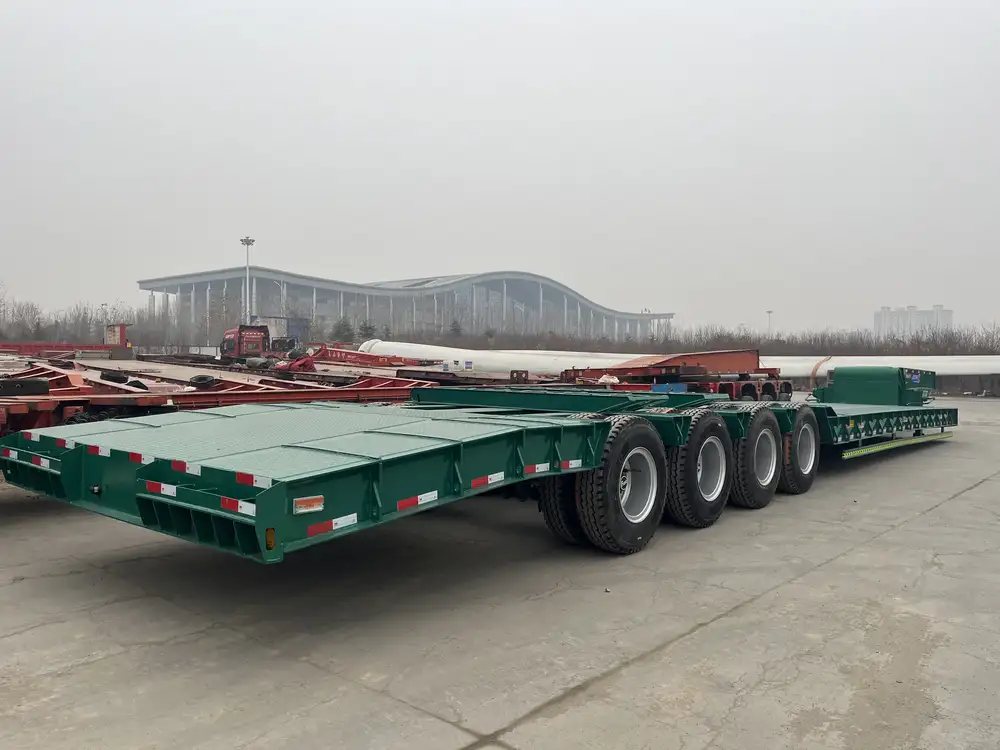
1. Internal Water Supply System
- Fresh Water Tank: A reservoir to store clean water, enabling the usage of sinks, showers, and toilets.
- Water Pump: Facilitates the flow of water throughout the trailer using an onboard pressurization system.
2. Waste Management System
- Holding Tanks: Separate tanks for gray water (from sinks and showers) and black water (sewage) ensure proper waste disposal.
- Toilet: Most models have an integrated toilet system, eliminating the need for external bathroom facilities.
3. Cooking Facilities
- Kitchen Area: Equipped with a stove, oven, refrigerator, and sometimes a microwave, allowing for home-cooked meals on the road.
- Counter Space: Sufficient surfaces for food preparation enhance cooking convenience.
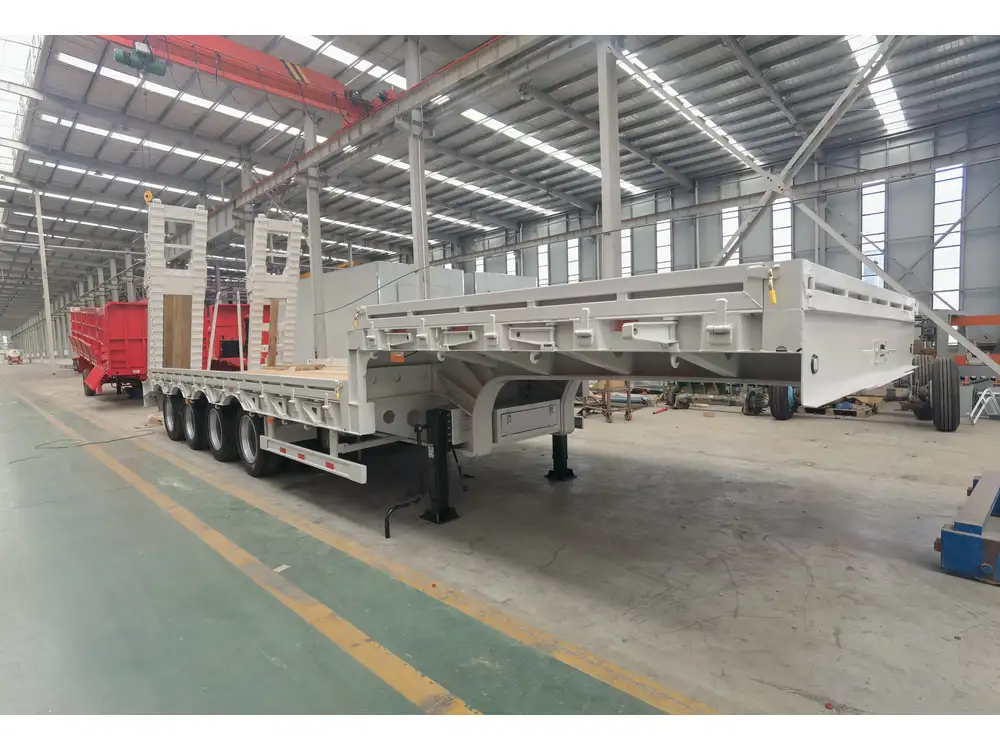
4. Sleeping Quarters
- Beds: Options range from convertible sofas to dedicated bedrooms, accommodating various needs.
- Bedding Storage: Smart designs include under-bed storage solutions for optimized space utilization.
5. Climate Control
- Heating and Cooling Systems: Built-in HVAC units or gas heaters provide temperature regulation, ensuring year-round comfort.
6. Power Supply Components
- Battery Systems: Dual battery setups enhance the electrical independence for lights, appliances, and systems.
- Generator or Solar Options: Some models offer built-in generators or provisions for solar installations.
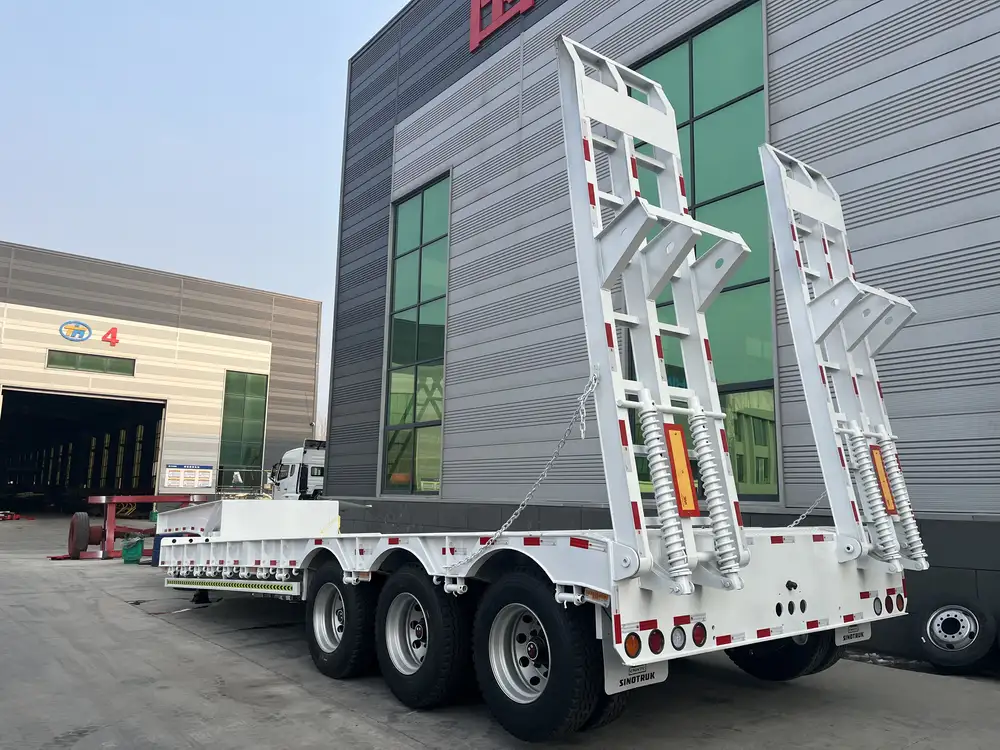
Benefits of Choosing a Self-Contained Travel Trailer
Opting for a self-contained travel trailer offers a wide array of advantages, enhancing the overall travel experience and convenience.
Freedom and Flexibility
Travelers can explore remote locations without worrying about finding dedicated campgrounds with hookups. The self-sustainable nature of these trailers allows for spontaneous stops along the road.
Enhanced Comfort
Equipped with full amenities, these trailers provide a sense of homeliness while traveling. Everything from cooking to sleeping can happen within the trailer, making it easier to enjoy the journey.
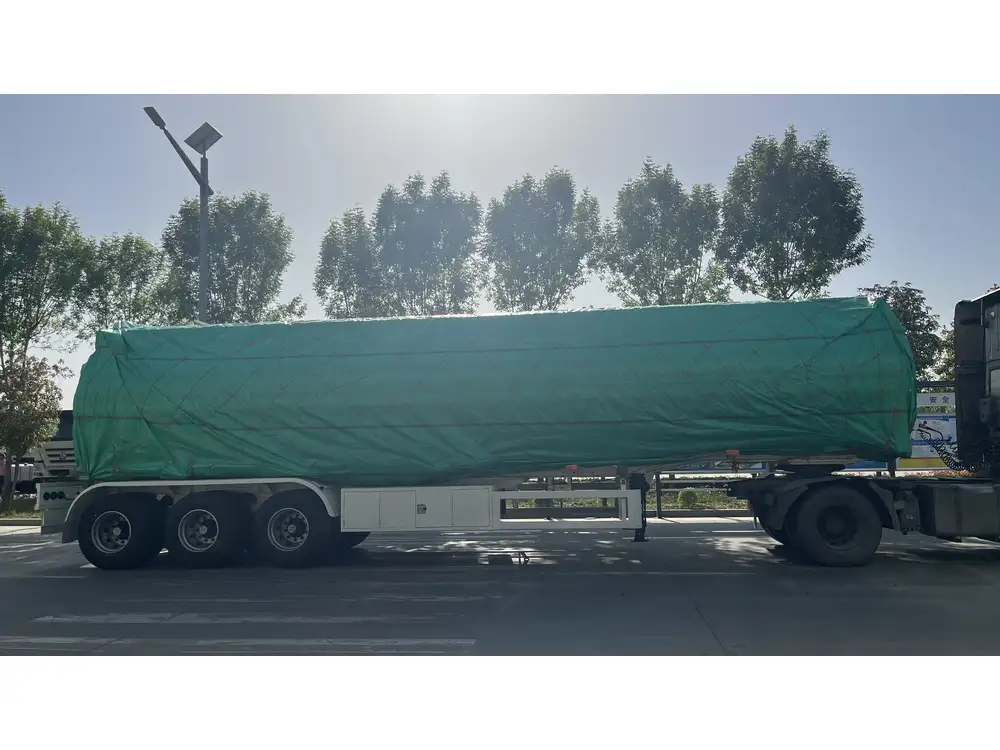
Cost-Effective Travel
By eliminating the need for campsites with hookups, users can save money and choose from various lodging options, often leading to significant savings over time.
Environmental Considerations
Self-contained travel trailers can include eco-friendly features, such as solar panels, composting toilets, and energy-efficient appliances, contributing to responsible travel practices.
Varieties of Self-Contained Travel Trailers
Several types of self-contained travel trailers cater to different needs and preferences. Understanding these variations can aid potential buyers in making informed decisions.

1. Standard Travel Trailers
These are the most common type, offering a wide range of sizes and layouts. Standard travel trailers typically feature extended living space, making them ideal for family trips.
2. Fifth-Wheel Trailers
Fifth-wheels require a pickup truck for towing and offer additional ceiling height inside. They often have designated living spaces that seamlessly blend form and function.
3. Toy Haulers
Designed for those who bring recreational gear (like ATVs or motorcycles), toy haulers feature a garage area at the back, transforming into additional living space when not in use.

4. Lightweight Trailers
Targeting fuel-efficient towing, lightweight trailers are designed to be towed by smaller vehicles while retaining essential self-contained amenities.
5. Luxury Travel Trailers
Focusing on upscale features, these models may include high-end finishes, superior appliances, and expansive layouts, targeting travelers seeking comfort and style.
Considerations When Selecting a Self-Contained Travel Trailer
Choosing the right self-contained travel trailer requires careful consideration of various factors that ensure alignment with travel goals and needs.
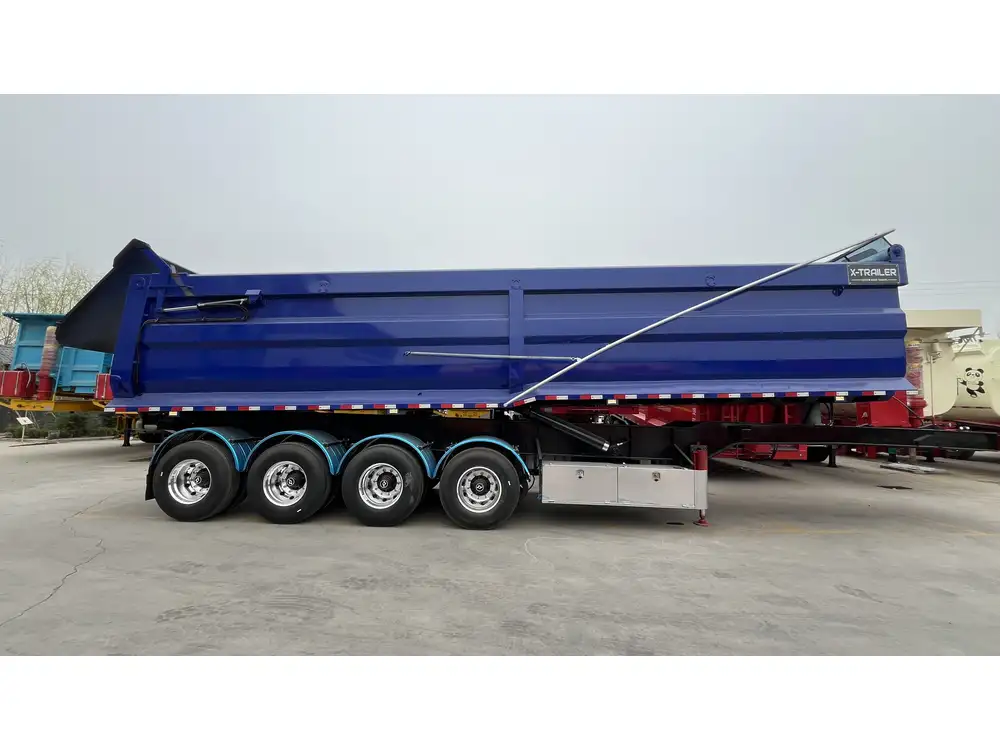
Size and Weight
Consider the towing capacity of your vehicle and the number of passengers you intend to accommodate. A thorough understanding of weight distribution, size, and towing capabilities is essential.
Layout and Configuration
Inside layout is crucial. Assess how many people will travel and their necessary amenities. Popular configurations include:
- Murphy beds for space-saving solutions.
- Bunk beds for family trips.
- Open living areas for hosting guests.
Budget
Self-contained travel trailers range dramatically in price based on features, size, and brand. Be mindful of not just the purchase price but also the ongoing maintenance, storage, and utility costs.

Build Quality and Construction
Review the materials used in the construction, especially for the exterior shell and insulation. High-quality builds ensure durability and better energy efficiency.
Warranty and Support
Confirm the terms of the warranty and the support service available. Companies with good reputations typically provide extensive customer service and support post-purchase.
Comparing Self-Contained Travel Trailers with Other Options
It’s essential to weigh the benefits of self-contained travel trailers against alternative accommodations. Below is a comparative analysis highlighting critical distinctions.
| Feature | Self-Contained Travel Trailer | Traditional RVs | Tent Camping |
|---|---|---|---|
| Independence | High – No hookups needed | Moderate – Depends on model | High – Require no connections |
| Comfort | High | Varying comfort levels | Low – Basic shelter only |
| Cooking Facilities | Full kitchen | Varying kitchens | None – Outdoor cooking required |
| Cost per Night | Low (often free campgrounds) | Moderate (varies widely) | Very low – most places free |
| Waste Management | Integrated systems available | Often integrated | None (Portable toilets may be needed) |
| Nature Interaction | High – can park in remote areas | Moderate – often in pull-thru spots | Very high – immersed in nature |
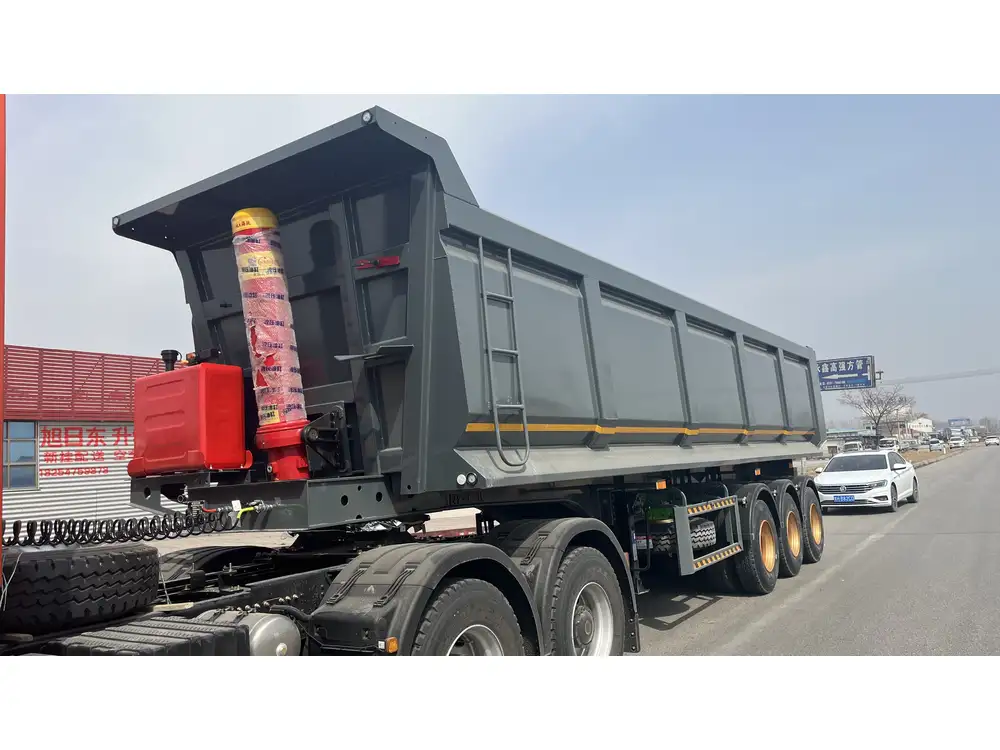
Potential Challenges of Self-Contained Travel Trailers
While self-contained travel trailers offer numerous benefits, they also present certain challenges that require attention.
Maintenance and Repairs
Regular maintenance is essential for the longevity of travel trailers. However, repairing specific systems—such as plumbing or electrical—can be complex and costly.
Space Constraints
Even the most well-equipped travel trailers have limited space. Efficient organization and compact living solutions are crucial for a comfortable experience.

Learning Curve
Users unfamiliar with RVs may experience a learning curve when maneuvering, setting up, and maintaining their self-contained travel trailer.
Storage Issues
Finding adequate storage for a self-contained travel trailer when not in use can be a concern. Secure facilities might be necessary, especially for larger models.
Essential Accessories for Self-Contained Travel Trailers
Enhancing the experience of owning a self-contained travel trailer often hinges on investing in the right accessories.
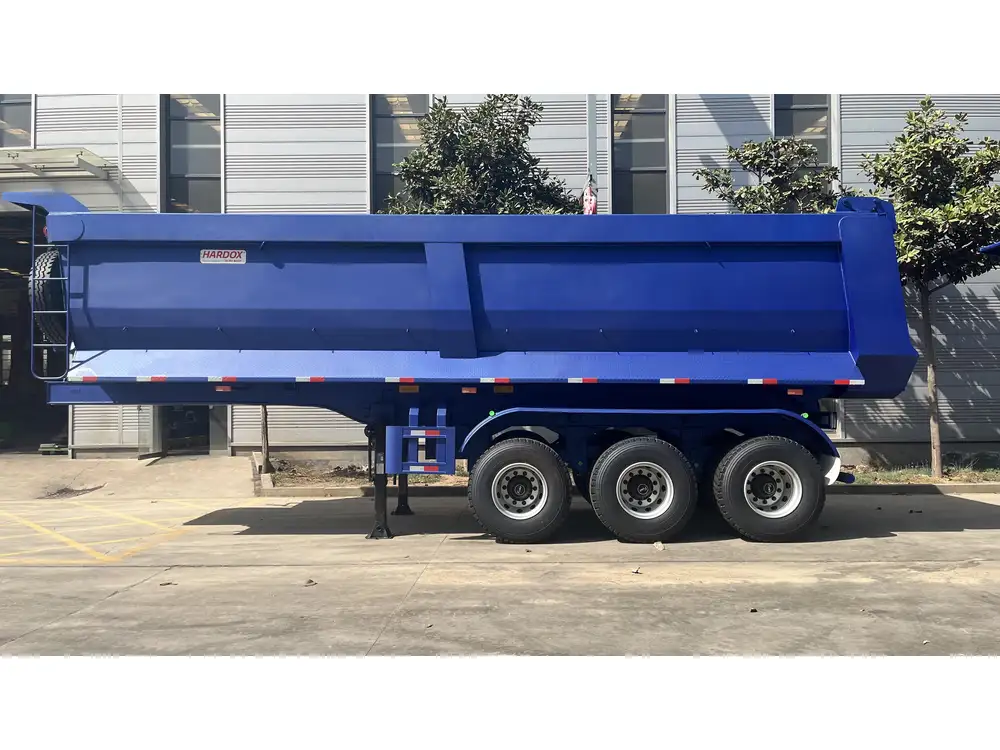
1. Leveling Blocks
Ensuring your trailer is level enhances comfort and appliance functionality, making leveling blocks indispensable for setup.
2. Water Filter Systems
Investing in a quality water filtration system not only ensures clean water but also protects plumbing.
3. Outdoor Furniture
Portable tables and chairs create an outdoor living area that enhances the camping experience.
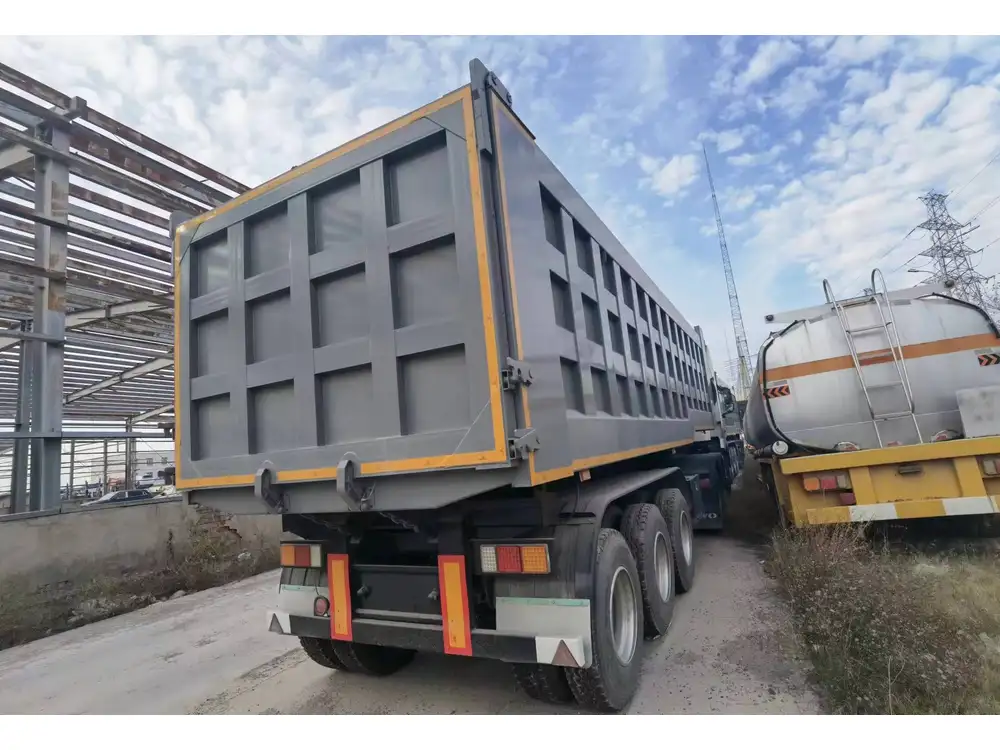
4. Solar Panels
Solar energy systems can provide an alternative power source, allowing for more sustainable energy usage.
5. Kitchen Gadgets
Compact or multifunctional kitchen appliances help maximize cooking efficiency in limited spaces.
Final Thoughts on Self-Contained Travel Trailers
Navigating the myriad options within the realm of self-contained travel trailers requires a firm grasp of their features, benefits, and potential pitfalls. As the freedom to roam calls the adventurous at heart, choosing a self-contained travel trailer transforms every journey into a personalized excursion filled with comfort and convenience.
Before making a commitment, meticulously research all aspects—including size, layout, amenities, and long-term care needs—to ensure that your investment aligns with your unique traveling aspirations. With the right preparation, a self-contained travel trailer can serve as a gateway to unforgettable experiences wherever the open road may lead.



